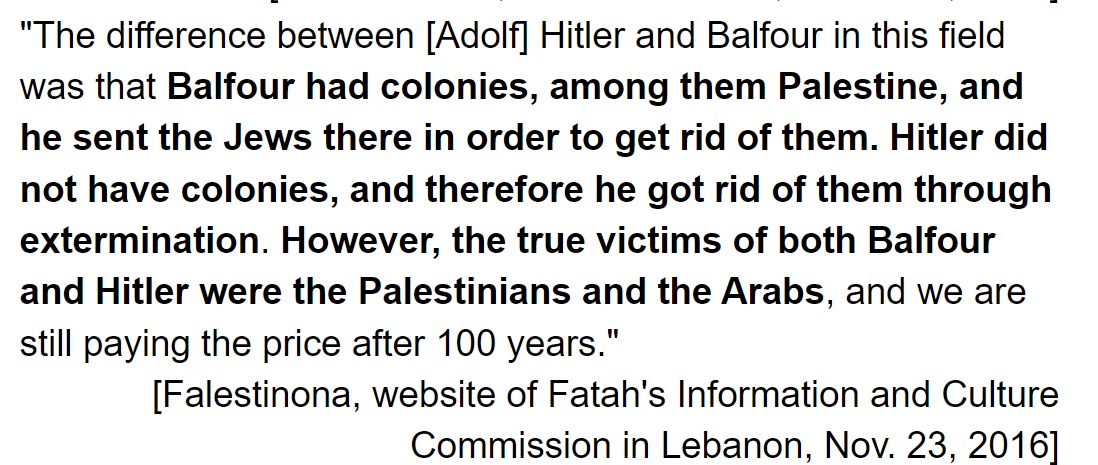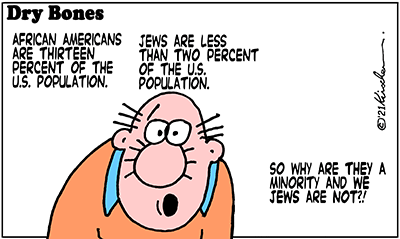Braving bigotry and enemy fire, Jews served the Union valiantly during the Civil War
Sgt. Leopold Karpeles had a dangerous job. Serving in the 57th Massachusetts Infantry’s E Company during the American Civil War, he was a color bearer, which meant carrying a flag that identified his unit’s position — a necessary role, but one that invariably drew attention from the enemy. In May 1864, his actions won him the Medal of Honor — a decoration created during the conflict. His citation credited him with encouraging fleeing men to reform ranks and drive back the Confederates during the Battle of the Wilderness in northern Virginia.The antisemitic history of the Union Army and the US civil war - opinion
Karpeles’s story was one of the more prominent accounts of Jews in the US Army during the Civil War. A new book, “Jewish Soldiers in the Civil War: The Union Army,” by Adam D. Mendelsohn, director of the Kaplan Centre for Jewish Studies at the University of Cape Town, explores the wider narrative around Jews serving in America’s bloodiest conflict. Its release is scheduled for November 15, just a few days after Veterans Day.
“Individual cases obviously gave life and color,” Mendelsohn told The Times of Israel, including when it came to “their decision to enlist, their experience in the army — which was not an easy one, particularly for Jews.”
On the battlefield, there was deadly combat and fear, including the terror Karpeles experienced in Virginia. Jews in uniform also faced ignorance, antisemitism or both from fellow servicemembers and higher-ups. Notoriously, in General Orders No. 11, Gen. Ulysses S. Grant expelled Jews as a class from the war department he commanded in the American South in December 1862.
“Clearly, in the senior ranks of the army, we see in [William T.] Sherman, Grant, [Benjamin] Butler, others, echoing views current in American society at the time of Jewish speculators and shirkers, profiting at the expense of the Union,” Mendelsohn said. “All these things ultimately came to a head in Grant’s order.”
Yet there were also interfaith friendships formed through mutual dependence during wartime.
“What I sensed in the data was the nature of comradeship,” Mendelsohn said. “Serving alongside each other, the experience of fighting together, does bring down the barriers.”
After the war, many Jews joined a nationwide veterans movement called the Grand Army of the Republic, with some even taking leadership roles. While the book states that Jewish veterans were largely unrecognized immediately after the war out of a national desire to move on, this changed several decades later. In the 1890s, the Hebrew Union Veterans Association was established amid a wave of antisemitism sweeping the nation.
The contractor, smuggler, speculator and shirker, however, were more than just figures of scorn. Jews and other “shoddy aristocrats” came to be seen as the creators and beneficiaries of the new economic and social order produced by the war. This “shoddy aristocracy” — whose morals and manners marked them as undesirable, whose profits were ill gained, and whose power derived from money alone — was imagined to lord it over a new and unjust social heap summoned into being by the chaos and disruption of war.A review of 'Woke Antisemitism', by David Bernstein
Even as the heated rhetoric of the war years receded after 1865, these ideas remained primed for action. They were returned to service in the Gilded Age.
It was no coincidence that the episode traditionally identified as initiating modern antisemitism in America — the exclusion of Joseph Seligman by Henry Hilton from the Grand Union Hotel in Saratoga Springs on May 31, 1877 — had at its center a man who had made a fortune as a contractor and banker during the Civil War. Seligman, a friend of President Grant, was viewed as an exemplar of the new capitalism that was remaking America.
Henry Hilton slandered Seligman as “shoddy—false—squeezing—unmanly,” a social climber who “has to push himself upon the polite.” Hilton drew upon themes familiar from wartime antisemitism: the Jew as speculator who trafficked in credit and debt; the Jew as obsequious ingratiator who attached himself to the powerful; the Jew as profiteer who advanced by improper means; the Jew as vulgarian who flaunted his (and her) obscene wealth and did not know his (or her) place; and the Jew as overlord whose money allowed him (or her) to displace others. In short, the “Seligman Jew” was the “shoddy aristocrat” by another name.
In an age of inequality and excess, the antisemite imagined the Jew as embodying all that was wrong with American capitalism. And during an age of mass immigration from Romania and the Russian Empire, they soon added another theme familiar from General Butler’s wartime diatribe: The Jew could not be trusted to become fully American.
Sadly, even as Louis Gratz, Max Glass and many other Jewish soldiers became American by serving in the Union army, the Civil War produced a range of pernicious ideas about Jews that have proven remarkably durable. We have escaped the everyday torments that afflicted Max Glass, but are still haunted in the present by the fantasies of Benjamin Butler and Henry Hilton.
The American linguist and political commentator John McWhorter coined the term Woke Racism to refer to the latest wave of elite, radical, ‘anti-racist’ campaigners who posit that racism is so deeply embedded in the fabric of American life that it’s impervious to traditional civil rights and anti-racist legislation.Jason D. Greenblatt: Israel Deserves Better than the New York Times' Prophet of Doom
In order to level the playing field, liberal democratic systems of government – which aren’t up to the Utopian task of achieving perfect racial parity – must be radically re-constituted to allow for what Ibram X. Kendi, author of “How To Be An Anti-Racist”, refers to un-ironically as “anti-racist discrimination” against groups who are ‘disproportionately successful’.
The only thing that matters to such campaigners is the racial disparity in economic and social outcomes, which is viewed as sufficient evidence to demonstrate racism. Not only are all other possible factors for unequal results ignored, but it’s considered racist to even consider other explanations.
Thus, “privileged” whites and those labeled as “white adjacent” must accept a future where they will face ‘progressive bigotry’ until there’s complete racial parity in all areas of life.
Though the proponents of this Woke Racism typically focus only on the Black-White paradigm, the question of where Jews (and other successful, yet historically disadvantaged minorities) stand within this racial binary is rarely prominent within the public discourse.
New York Times columnist Thomas L. Friedman wrote last week that in the new Israeli government coalition, Benjamin Netanyahu will soon preside over a parade of right-wing horribles whose very existence dooms Israel itself. Friedman then makes a giant leap of logic to suggest that if Jews in America share his distaste for two members of the new Israeli government, they will turn their backs on Israel once and for all. Apparently, these days, members of the Israeli government must pass muster not just with Israeli voters but also with newspaper columnists like Friedman - when in fact Israel, like the U.S., gets to choose its own leaders through free and fair elections.
Friedman claims that Arab countries entered the Abraham Accords only because "they wanted to trade with Israel." First, there's nothing wrong with that. And second, the Arab nations made peace with Israel because they're tired of pointless, expensive hostilities and because they recognize a common enemy in Iran. Friedman ought to have more respect for the courageous Arab governments that normalized their relations with Israel, and for those who may have quietly supported it from behind closed doors.
I abhor Palestinian President Mahmoud Abbas' anti-American comments, his payments to Palestinians to reward them for harming and murdering Israelis, and his comments about the Holocaust - yet I would still work with Palestinians and their leaders to try to improve their lives and seek peace between them and Israel. We don't burn everything down just because we disagree, however strongly, with the views of some of those in power.




































